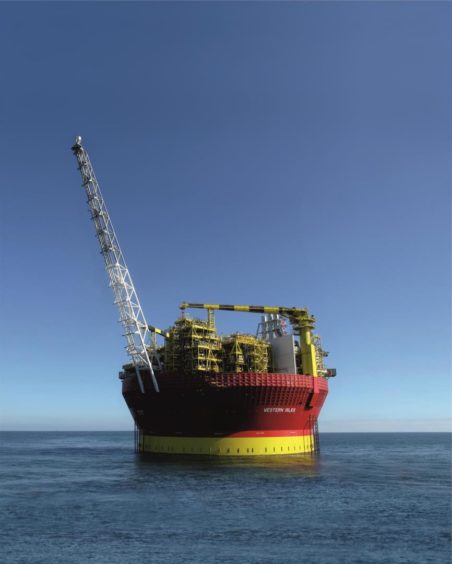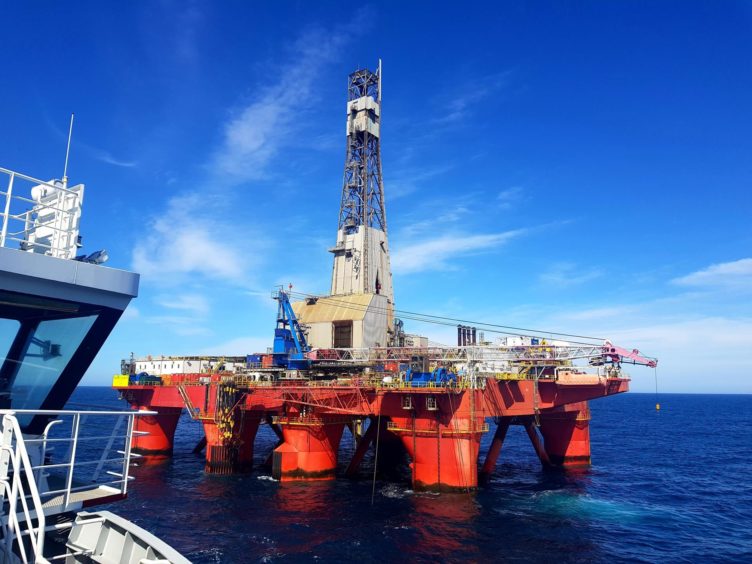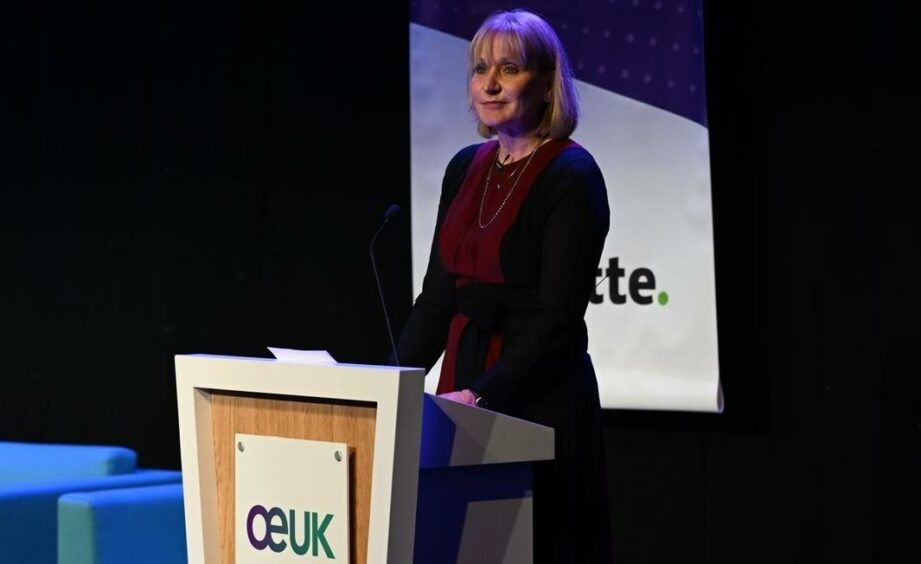
A senior figure at NEO Energy has called for cross-party support to help the energy industry map out its long-term future.
The sector cannot “move forward properly” until it has general political backing, Paul Harris, the North Sea firm’s chief operating officer, has warned.
Concerns about climate change and the UK’s hosting of COP26 led a number of the main parties in Westminster to alter their stance on oil and gas.
Several senior political figures from across the divide have declared their want to wrap up North Sea production.
“It’s great to see that we’re getting support from the current government, but we’ve heard the statements from Labour, the Liberal Democrats and the SNP on what they actually think of this industry,” Mr Harris said.
More recently North Sea opposition seems to have softened, due in part to mounting oil and gas prices and a sharp focus on energy security.
An ensuing cost-of-living crisis, driven largely by energy bills, means there is a drive to increase hydrocarbon production and scale up renewables deployment.
NEO Energy, which is backed by HitecVision, previously said it is aiming to produce around 120,000 barrels of oil per day by 2023.
But while general disagreement in Westminster about oil and gas endures, Mr Harris fears it will be difficult for the industry to plan its next move.
Speaking at an Offshore Energies UK event in Aberdeen, he said: “I’m comfortable with what the current government is doing because they seem to be in support of what we’re trying to do. My concerns is cross-party, and this goes beyond the current timescale for the Conservatives to be in power, and who knows what happens next.”
Mr Harris added: “Until we can get to a place where we’ve got cross part alignment for an energy policy that moves forward, beyond the term of the Conservatives reign, then this industry really can’t move forward properly.”
During her speech, Deirdre Michie, OEUK chief executive, said there is an “elephant in the room” that makes long-term stability difficult.
She said: “Political cycles and business investment cycles are rarely in sync. While we think about our business in years, or even decades, we need the same to happen when it comes to related energy policy development and implementation.
Ms Michie added: “We need a consistent consensus from policymakers across all parties, and all four nations, so that we can continue making progress toward our net-zero goals.
“We can only keep supplying the UK with diverse energy if we have the right environment in which to invest. I think we have that now. But we need to see it sustained. And that means an alignment of regulations, fiscal policies, and political ideologies
“Our policy makers need to be planning ahead for decades as well as for upcoming elections and making appropriate interventions now.”
Recommended for you



 © Supplied by OEUK
© Supplied by OEUK